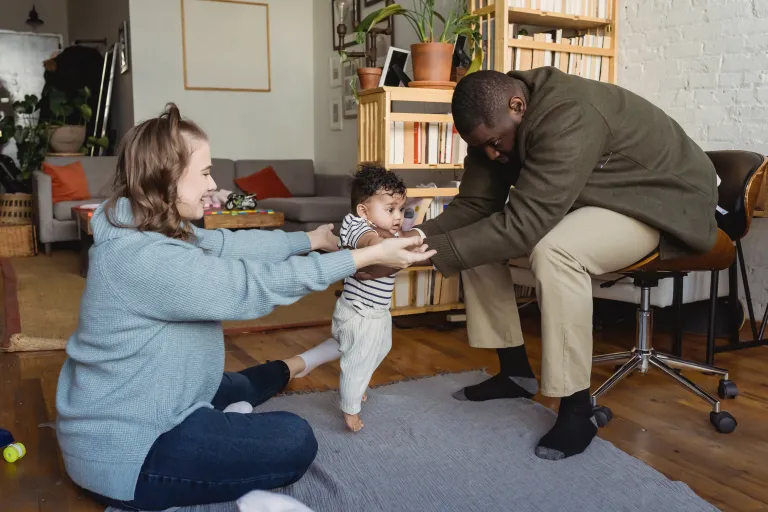
Our counsellors report back on the concerns that clients have presented with during the lockdown
A new survey of Relate practitioners has asked a series of questions about the issues their clients have presented with since the UK went into lockdown in March 2020. Overall, the practitioners’ responses indicate that, over the past six months, clients brought into counselling more communication, mental health and parenting issues, than before lockdown.
The responses from 68 Relate practitioners who have continued to provide relationship support via phone, webcam and Live Chat during this time*, indicate that among the key presenting issues were:
Conflict: As many as 79% of counsellors reported a rise in clients concerned about arguments. Linked to this, disagreements about managing responsibilities at home (60%) and parenting were on the rise (62%) along with communication as a whole (62%).
Domestic abuse: Almost half (49%) of respondents, reported an increase in clients where emotional abuse was an issue. The number of practitioners who reported an increase in physical abuse (34%), whilst lower, is still of concern. These findings mirror recent reports about a 25% increase in calls to Refuge’s Domestic Abuse Helpline during the pandemic.
Mental health: Importantly, 89% of counsellors reported that clients’ existing mental health issues appeared to have been exacerbated by the pandemic; and 68% of counsellors said that their clients presented with ‘new’ mental health issues, which probably emerged as a result of the pandemic.
Overall, 88% of practitioners reported an increase in clients seeking support for anxiety, 79% for depression and 78% for loneliness and isolation. These echo findings from research conducted by The Mental Health Foundation.
It therefore appears that the pandemic is not only aggravating existing mental health issues but also contributing to newly emerged ones, such as anxiety, depression and loneliness in people who may not have experienced mental health issues prior to the pandemic.
Of particular relevance to relationships and mental health, more than half (57%) of responding practitioners reported an increase in clients with issues related to a partner’s mental health. Moreover, it is not just partners that the clients were worried about - 71% of Relate practitioners have seen an increase in clients who were concerned about the loneliness of a family member, and just under half (49%) have seen an increase in clients who were concerned about the mental health of a teen (13-18 years).
Parenting and education: Half of Relate practitioners have seen an increase in people concerned about the behaviour of their teenagers and 41% have seen an increase in those worried about the behaviour of their younger children (up to 12 years). Perhaps unsurprising in the context of school closures and home schooling, 69% of practitioners report seeing an increase in issues relating to children’s education. In turn, these concerns may have been contributing to the increase in arguments, with 62% reporting an increase in disagreements about parenting.
The wider picture
The Relate practitioners’ responses offer a glimpse into the worries and stresses experienced by couples and families since the lockdown. However, a more detailed and in-depth understanding of the impact(s) of the pandemic on families and relationships is needed, especially at a time when rules and restrictions have been relaxed and then (re)imposed again as the population is bracing itself for subsequent wave(s) of the coronavirus.
The Families Un-locked research study, led by Dr Gabriela Misca at the University of Worcester in partnership with Relate, is looking in depth at the medium- to long-term impact(s) of the COVID-19 pandemic on relationships and family life. The ultimate goal of the research is to help develop new ways to support people during the ‘new normal’ and any subsequent waves of the pandemic and other public health crises.
We urge you to spare 20 minutes by taking part in this anonymous online survey – this is an unprecedented moment for communities across the world and the more we can find out about how people are faring, the better equipped we will be to help those in need.
We are particularly interested to hear from members of the BAME communities, who are now understood to have been particularly affected by COVID-19; and also from the frontline key workers and their family members, such as medics, nurses and ambulance staff; social care staff including those in safeguarding and care for elderly people; as well as police and armed forces.
Taking part will initially involve completing a 20 minute online anonymous survey.
*Survey of 68 relationship support practitioners working for Relate carried out online from 9 – 16 September 2020

